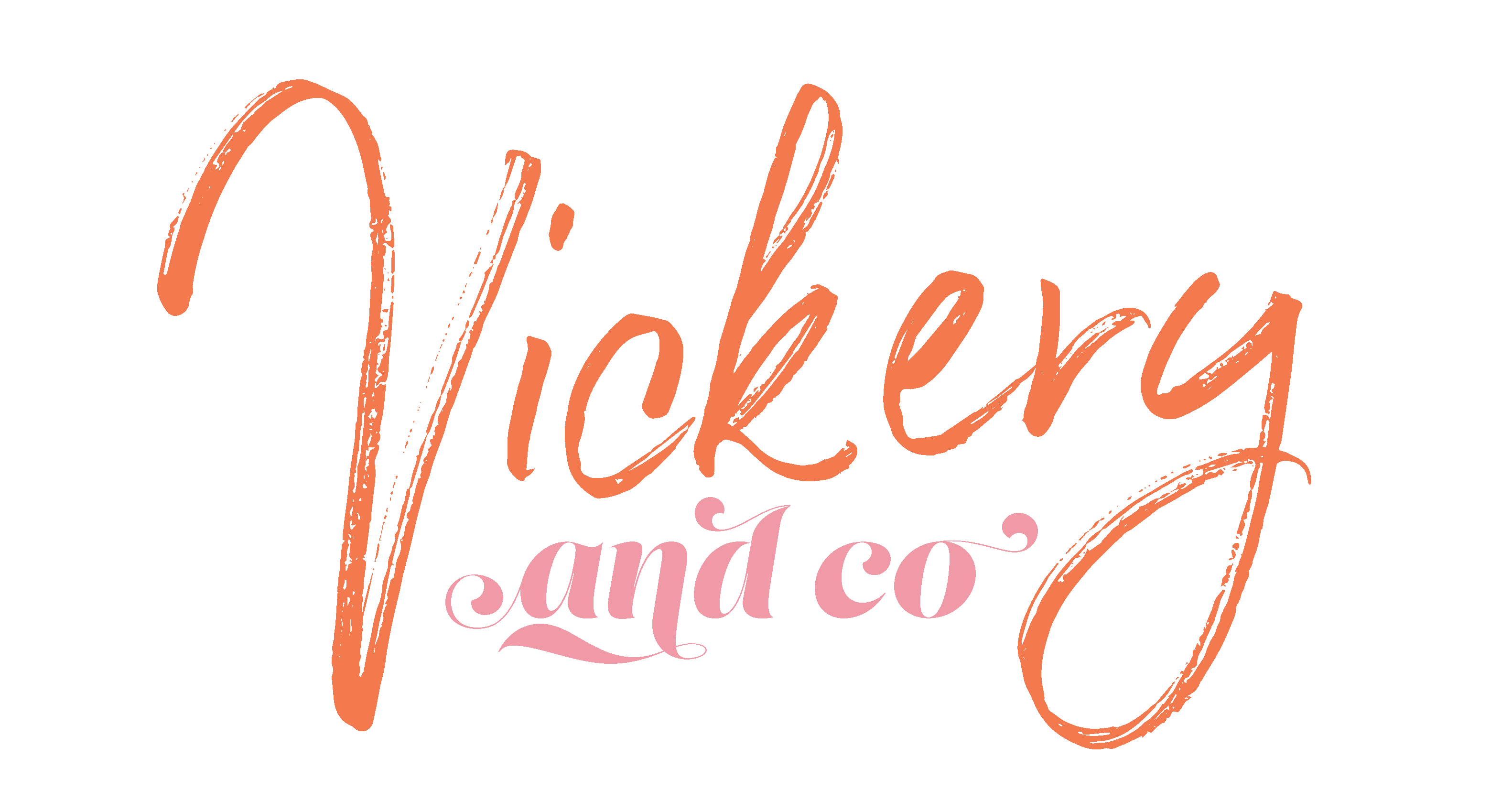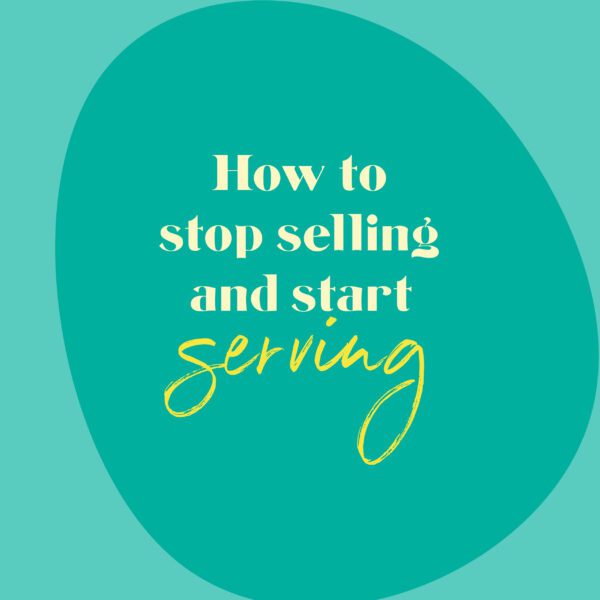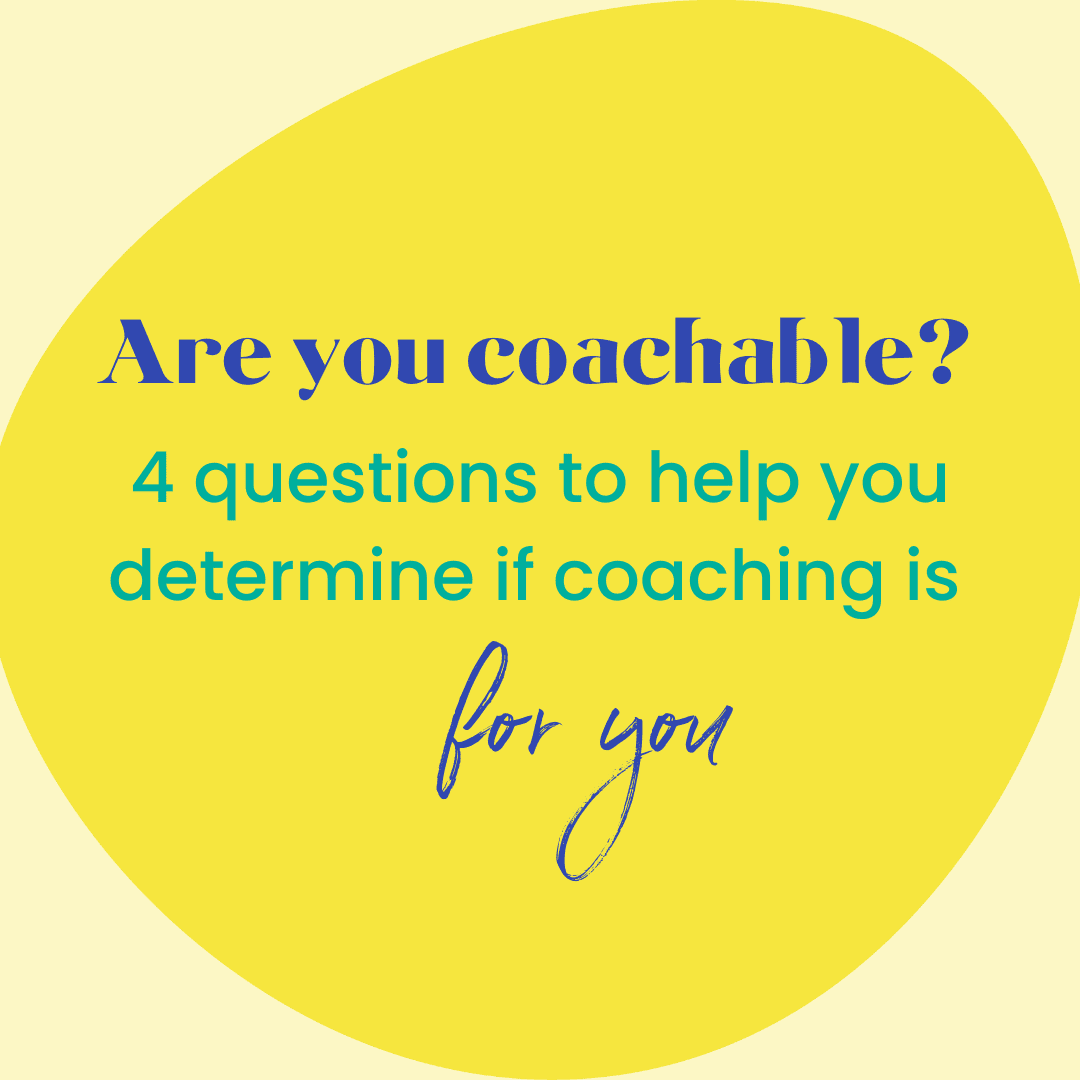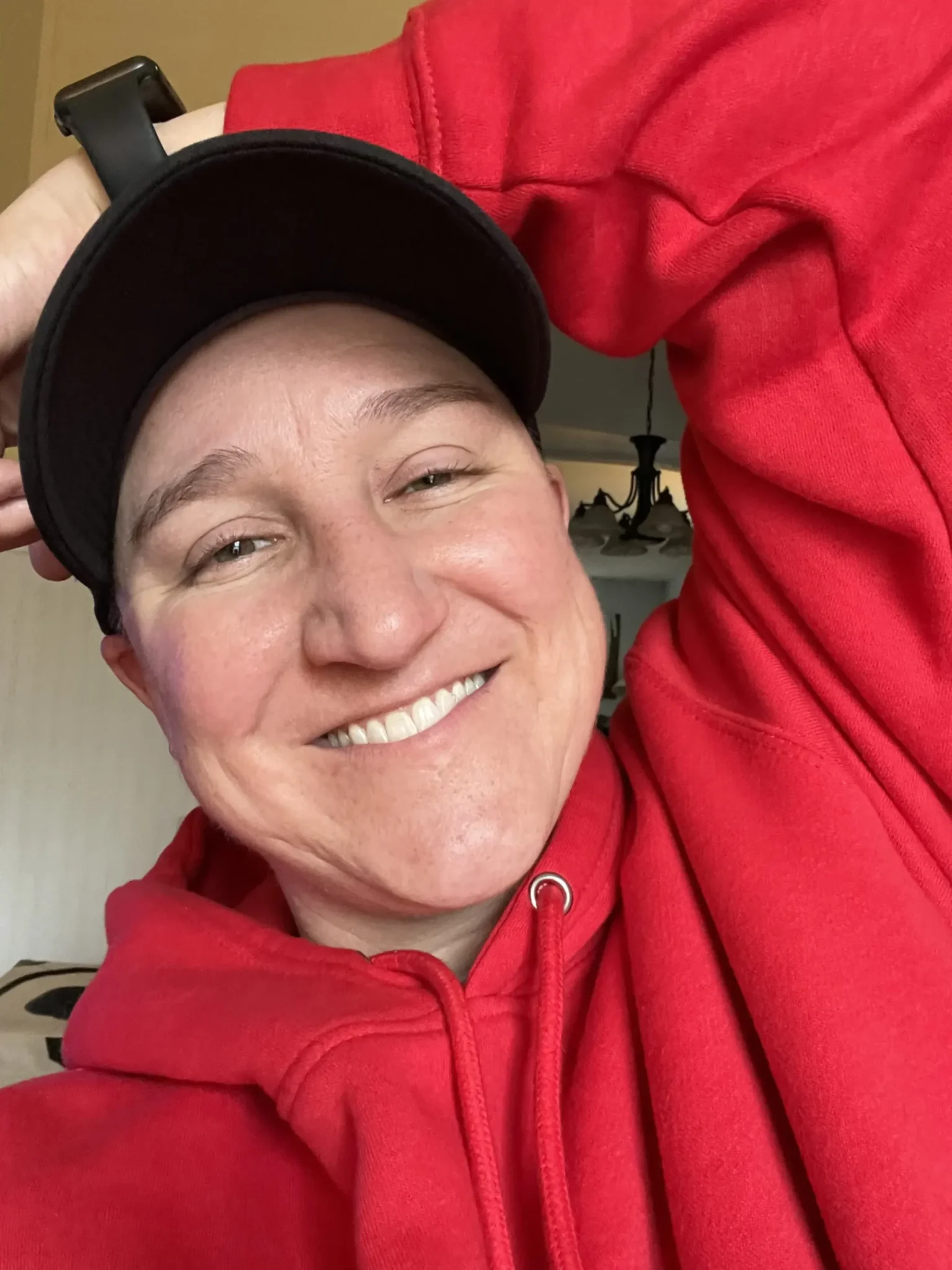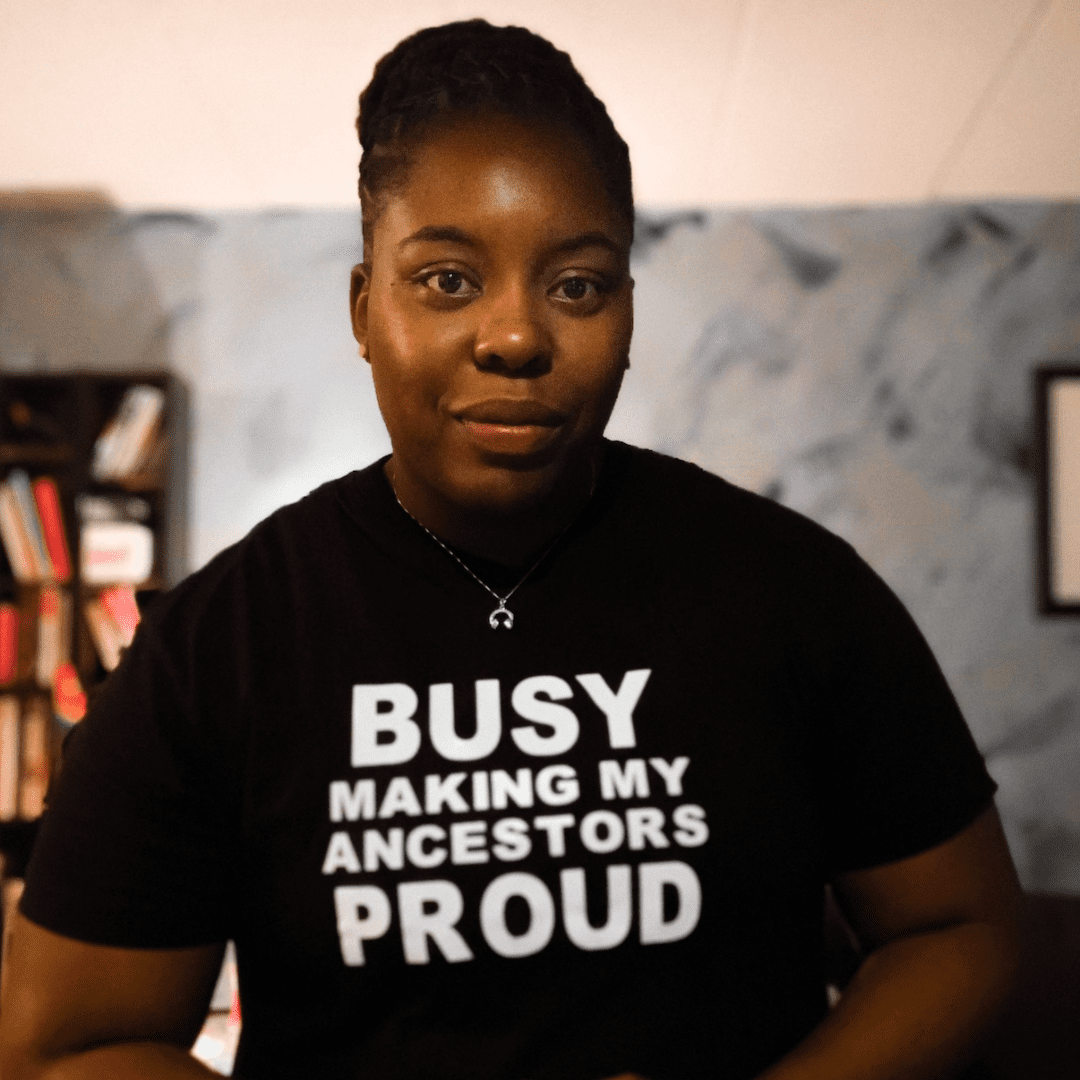
I’ll be the first to admit it. I never really enjoy talking on the phone—well, at least not since I was a teenager and my parents installed a second line so that their phone wasn’t constantly ringing busy. As the technology industry boomed, I got more and more dependent on all of the other ways to communicate.
First, there was just email, then there were text messages, then there was Facebook. So there was never really a need to pick up the phone and call someone. In fact, I found myself getting annoyed when people would call me. I don’t really have the time to talk, or so I would tell myself. I don’t really want to stop what I’m doing and talk on the phone. I can send a quick email or a Facebook message or a text message in two seconds, get my point across, take care of what I need to take care of, and I never have to stop the other thing that I’m doing.
Here’s the problem with this way of thinking: as human beings, we crave contact. We crave validation and friendship. We need it. We require it. We need human interaction.
One thing I’ve discovered, as I’ve gone through my own authentic transformation, is that taking just a little bit of extra time to make a phone call can, in fact, make all the difference. When I think about somebody now, I pick up the phone, and I call. Do I have the time? Not always, but I make the time. What you get when you take that extra step and slow down for just a minute, is connection. You get validation. You have an opportunity to slow your brain down. Slow down your mind and your breath and really connect with somebody.
This is not just a personal thing. It works for business also. I recently had a client tell me she was going to email someone and ask them to call her. When I asked, “why would you email them rather than just call on your own?” She told me she “didn’t want to bother them.” There were several things I found wrong with this approach. First, she gave up her position of power by putting the ball in the other persons court. The second was her assumption that what she wanted to talk about was not valuable enough for the person she wanted to connect with.
Think about it, if you are in a meeting and you cannot accept phone calls – – you turn your ringer off. If someone calls and it’s “not a good time” you simply don’t answer the phone. Instead, you listen to their voicemail and call them back when it's convenient. So, what is the real risk in making the phone call in the first place? It shows interest in the other person. It indicates importance and it puts you, as the caller, in a place of power.
I had this conversation yesterday with one of my employees. I suggested that she pick up the phone and call a person that she was having an issue with, and she said, “No, no, no. I’m going to wait two weeks until we can meet in person.” Except two weeks from now could be too late. The situation could have already exploded by then.
I have even started using a phone call “meeting” to replace massive amounts of back and forth emails. It allows my clients to be heard. We can have real-time discussions, answer questions and address issues. Decisions actually get made! I have answers that I could never have dreamed of getting via an email because people only answer the immediate question, instead of continuing the discussion and digging a little deeper, when communicating via email. I follow these phone calls up with an email recapping the discussion. Yes, I understand the importance of a paper trail!
As a salesperson and a coach, there’s really no alternative to the phone call. You can’t get across in an email what you can during an in-person conversation. People feel validated and heard, they feel understood, they feel empathized and sympathized with. You can hear when somebody’s legitimately concerned or when they’re legitimately tickled and laughing at something you’ve said. You can hear when they’re exhausted and worn out. You can hear when they maybe need just a little bit of extra help.
Are you willing to give it a try? Who will you call today instead of hiding behind email and text? I encourage you all to return to the phone call, connect with your peers and your family, your friends and your clients. Let’s get back to human contact. The world will be so much better for it.







